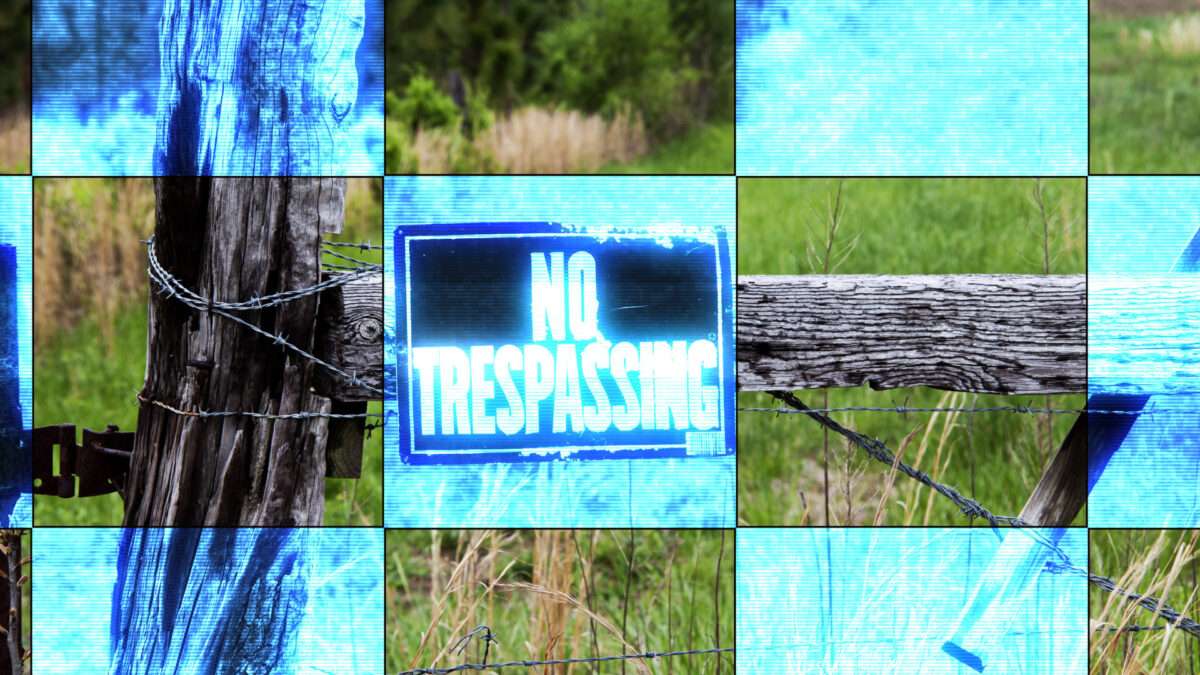Tennessee’s New Quasi-Book Ban Law Results In School Shutting Down Library Right Before Classes Resume
Like far too many legislators in far too many states, Tennessee’s lawmakers have jumped on the book banning bandwagon. For years, public libraries and school libraries were stocked at the discretion of librarians and largely operated without a lot of interference from state governments. While attempts to ban certain books happened now and then, there was never a concerted effort to remove wide swaths of literature from public library shelves.
Now, it’s just the sort of thing that happens multiple times on a daily basis. And the number of book challenges and book ban attempts continue to increase exponentially as idiots push their personal agendas using the government’s power to control what content the public has access to.
The law passed by the state legislature doesn’t actually ban books from school libraries. But no matter what the text says, that’s obviously the end goal. (h/t BookRiot)
Passed earlier this year, the bill amended the state’s “Age-Appropriate Materials Act,” signed into law by Republican Gov. Bill Lee in 2022, which, according to the ACLU of Tennessee, requires schools to maintain and post lists of the materials in their libraries and to evaluate challenged materials to determine whether or not they are “age-appropriate.”
So, now every Tom, Dick, and Karen can simply challenge a book and force librarians to review the content to see whether or not it’s “age-appropriate.” The initial bill didn’t even bother to define the few terms it bothered to use to describe the age-appropriateness of content, much less provide librarians with guidelines for handling challenges and/or eventual book removals.
The “fixed” version isn’t much better. While it does provide a list of things legislators think are inappropriate for all students (including those in their senior year of high school, where they’re often treated legally as adults when charged with crimes), the laundry list of inappropriate things is still far too vague.
H.B. 843 clarifies that books containing “nudity, or descriptions or depictions of sexual excitement, sexual conduct, excess violence, or sadomasochistic abuse” are not appropriate for K–12 students, regardless of the context in which those descriptions or depictions appear in the material.
How much violence is “excessive?” Will health textbooks depicting nudity, sexual conduct, and “sexual excitement” be removed from classrooms? Will no one under the age of 18 be able to access content they’re legally allowed to access anywhere else but in a public library?
Perhaps more importantly, what of the Bible?
During debate on the Tennessee Senate floor, state Sen. Jeff Yarbro (D) noted that the bill’s definition of what is “inappropriate” applies to the Bible. “You cannot read the book of Samuel or Kings or Chronicles, much less much of the first five books of the Bible, without significant discussions of rape, sexual excitement, multiple wives, bestiality — numerous things. That’s before you get in just to, you know, very express and explicit descriptions of violence,” Yarbro argued, according to WKRN News 2.
If this point gets pressed, you can rest assured a carve-out will be created for “religious texts,” but… you know… only applied to one specific religion and its main text.
The terms are vague and overly broad. The guidelines for compliance are still mostly nonexistent. And so, at least one school is reopening for the school year with its library closed.
A Wilson County high school is warning teachers to skip classroom libraries and closed the school library over concerns surrounding a new state law.
Under the law, any brief mention of sex, nudity or excess violence can lead to a book ban.
The Wilson County Director of Schools says they are temporarily closing the library at Green Hill High School to sort through books to make sure they get rid of the those that are required to be banned.
So, as teachers and librarians follow the government’s orders to ensure they’re only exposed to content the legislative majority likes, students are going be struggling to comprehend the things they’re learning in civics classes about their fundamental rights.
And all the bill’s supporters have to offer are patently false assertions about how bad things have been for unprotected students prior to the institution of this law.
Senator Pody explains they are trying to protect children from pornography which they’ve found in the past to be available in public schools.
I guarantee you this isn’t true. Notably, Senator Pody offers no times, dates, locations, or any other verification of his claim “pornography” has been found in school libraries or classrooms. Unfortunately, he’s representative of the legislative majority and its ideals. It’s nothing but censorship propelled by bigotry and backed by lies. Caught in the crossfire are the kids and the public school employees who just want to give them the best education they can.







